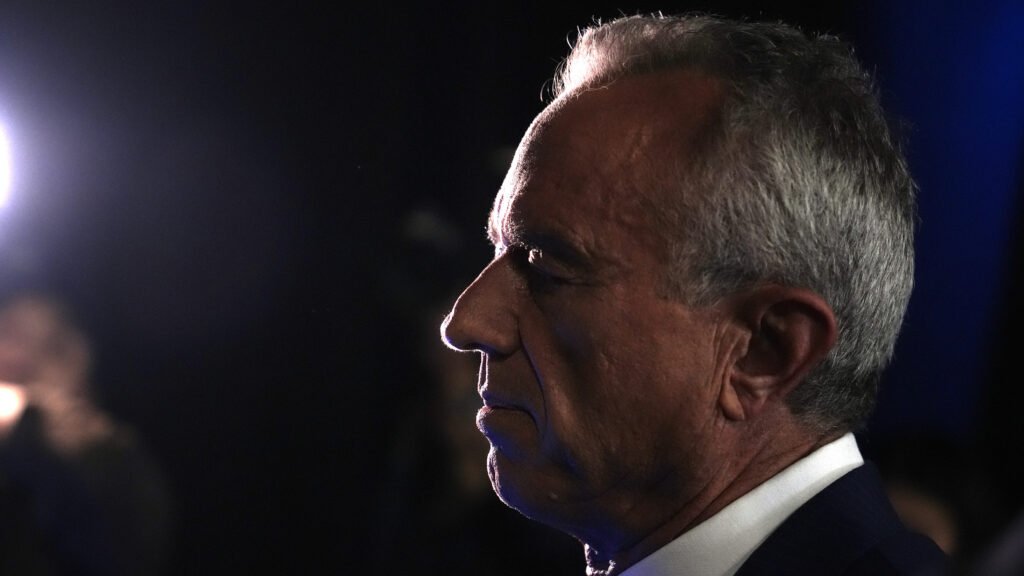The Department of Health and Human Services (HHS) has come under scrutiny for withholding information on conflicts of interest among new vaccine advisers, despite previous promises of transparency. The Advisory Committee on Immunization Practices (ACIP) has seen a delay in the release of ethics forms for seven new members, raising concerns about the agency’s commitment to openness.
HHS Secretary Robert F. Kennedy Jr. had previously made a bold move to enhance transparency by creating a detailed conflict-of-interest database for prior ACIP panelists. This searchable page, housed under the “Radical Transparency” section on the agency’s website, was a significant step towards ensuring accountability and trust in the vaccine advisory process.
However, the failure to disclose information on the new ACIP appointees has left many questioning the HHS’s dedication to upholding these transparency standards. The missed deadline for releasing the ethics forms has only added to the uncertainty surrounding the agency’s handling of conflicts of interest within the advisory committee.
The lack of information on new ACIP members has raised concerns about the potential impact on vaccine policy decisions and the public’s perception of the advisory committee’s integrity. Without full disclosure of conflicts of interest, there is a risk that decision-making processes could be influenced by undisclosed biases or external influences.
As the public awaits further information on the new ACIP appointees, it is crucial for the HHS to fulfill its promise of transparency and provide the necessary documentation to ensure trust and accountability in the vaccine advisory process. The future of vaccine policy decisions and public health outcomes may depend on the agency’s commitment to openness and ethical governance.


